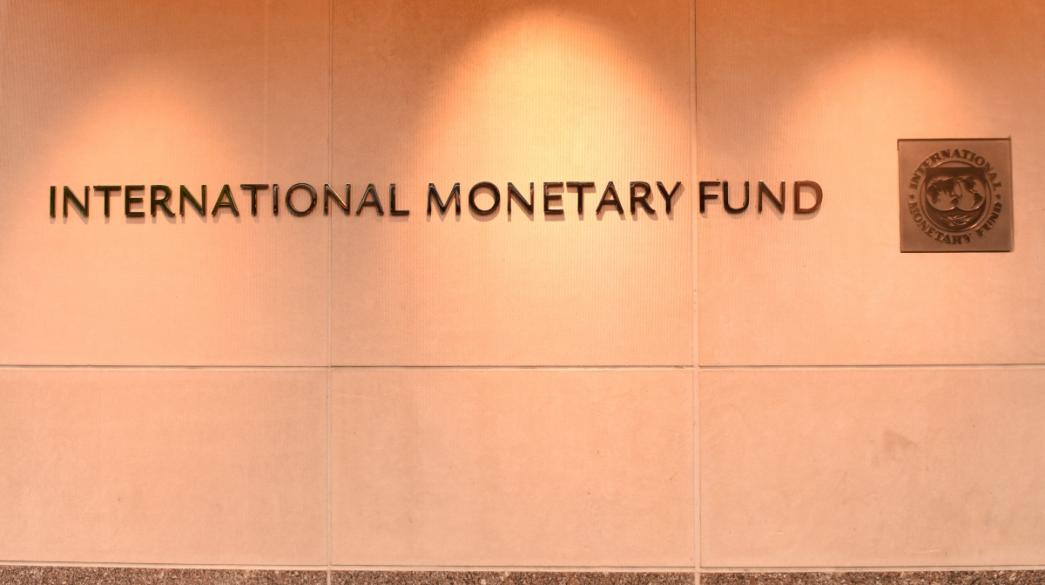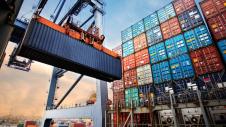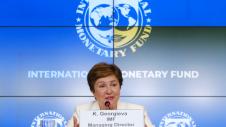The International Monetary Fund (IMF) appears positive but also marks with asterisks an assessment of Greece’s financial system and the possibility of new non-performing loans (NPLs) arising in its report on the Greek economy.
The IMF kept its growth forecasts unchanged, as it predicts that the recession will reach 9.5% this year and the recovery in 2021 will hit 5.7%. The unemployment rate is estimated at 18.9% this year and 17.5% in 2021, public debt at 208.1% of GDP this year and 199.1% in 2021. The primary deficit at 6.8% of GDP this year and at 1.3% in 2021.
Referring to the Greek debt, an issue that the fund traditionally focuses on, it clarified that it is currently viable and manageable, due to its long-term repayment profile, adding that it will reconsider the issue in the first half of 2021 when it issues the new Article IV for the country.
The main problems for the Greek economy are, firstly, tourism and, secondly, bad loans and mainly the creation of new ones, due to the crisis caused by the coronavirus pandemic.
Regarding the banking sector, it emphasizes that even before the pandemic, there was the problem of the large volume of npls with the Greek banks having implemented programs to reduce them. The "Hercules Plan" was characterized as a correct but limited policy, with the IMF being clearly in favor of creating a bad bank, as proposed by the Bank of Greece.
"The Fund has urged the authorities to accept this proposal," it said, adding that it feared there would be a clear increase in NPLs following the end of government protection measures for borrowers (businesses and households).
The report also emphasized that the economy’s large dependence on tourism poses several short-term and medium-term risks, given that the recovery of the industry and its return to 2019 levels is estimated to be slow.
It is clearly surprising - which clearly reflects IMF fears about the impact of the pandemic on the world (and not only on the Greek) economy - the Fund's urge to the Greek government to continue with support measures to support the recovery effort. After all, the Fund adds, Greece will have a double helping hand, on the one hand through the funds it will receive from the Recovery Fund and on the other because it has a satisfactory cash cushion it can draw on.








